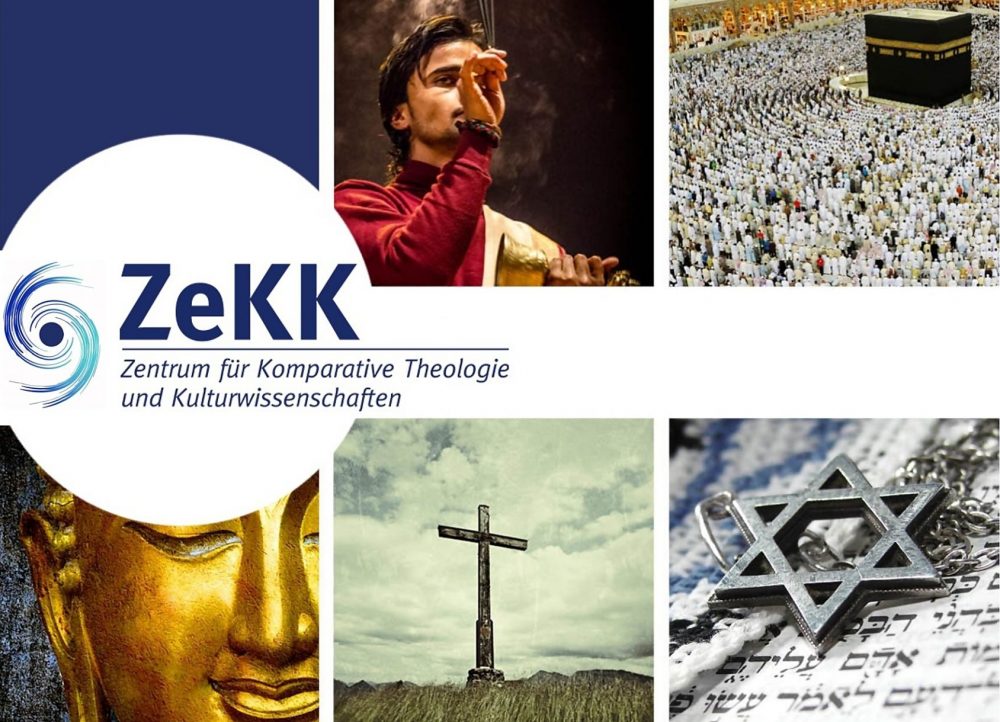Up until today shirk has been and is considered to be the greatest sin in Islam. But how can a phenomenon (traditional practice of idolatry) belonging for the most part to the historical past, at least in Muslim countries today, be understood nowadays if we take the message of the Quran to be time-transcending? Could it be that the Quran is up to something bigger and yet subtler here? It might be a consideration worth pondering on as to how this concept concerns our lives in the modern era – otherwise we just might make it a little too easy for ourselves.
All too often we put our materialistic concerns before interests of other human and non-human beings, e. g. buying unethically sourced things (being it due to child labour, inhumane working conditions or animal factories).
But then, these every-dayish, less-than-optimal actions like buying something seem unlikely be considered by the proclaimer of the Quran to be the unforgivable sin …
While the relevance of this concept appears first and foremost theological, we might want to ask, what might be the secular side of the moral lesson that the Quran wants to teach us when introducing shirk. What could a Christian, Hinduist, an Atheist, a Druid learn from it?
To me, battling shirk would include doing more frequently things that serve not necessarily me but bring joy to my loved ones, friends, neighbors in every sense of this word, and simply people (and animals!), getting involved in a charity, spending time to help somebody. And yet – even charity might become an Ersatz, a god of sorts. Not being a mushrik today is for me following this inner moral compass, which we can all feel and which at times, alas, defies absolute interpretations…
In this sense I think the concept of shirk could also encompass practices of radical materialism – Après moi, le déluge!
I do not want to demonise materialism though, since the Quran itself reminds us not to shun terrestrial delights (Q 7:31, 2:172, 30:21). What I mean is rather its radical form that is not concerned about the other, and which has born such ugly fruits in history and still continues doing so – when human (or for that being said, living, beings) are reduced to a mere means for some purpose – child labour being one of the most terrible examples of it, forced prostitution another one. It is not by mere chance that in German, English and French some of the worst words have a „utilitarian“ root: Missbrauch, abus, abuse, Vernutzung, exploitation.
While a moderate materialism grounds us on this earth, its extreme forms can lead to some of the worst crimes – which God is protesting, rebelling against – in the Quran and in the Old and New Testaments.
Klaus von Stosch writes: „It is JHWE who gives those that are marginalized, underprivileged and without hope, new courage; he alone and that because he is alone God and only his interpretation as Savior and Liberator is correct.“[1]His Holy envy is that of a human rights activist – He is taking the side of the exploited and abused ones.
Thus for me, personally, the message of the Quran about shirk could also be understood as being about a boundless materialism going into extreme, when the welfare of another being is sacrificed on the altar of one’s own whim and convenience. It is this kind of „idolatry“, I think, which the Quran rebukes most – in the modern world.
[1] Klaus von Stosch, „Vollendungsgewissheit und Gewalt“, 110 in: Klaus von Stosch, Muhammad Sven Kalisch, Jürgen Werbick (Hrsg.), Glaubensgewissheit und Gewalt. Eschatologische Erkundungen in Islam und Christentum, Paderborn 2011, 105-116. [Here my translation.]

Dr. Elizaveta Dorogova ist wissenschaftliche Mitarbeiterin für Koranwissenschaften am Paderborner Institut für Islamische Theologie.
#theQuran #materialism #childlabour #idolatry
